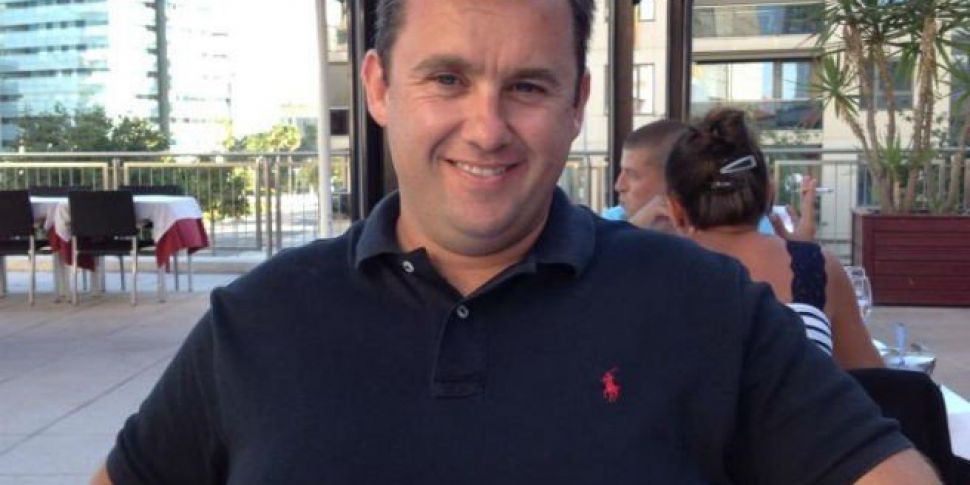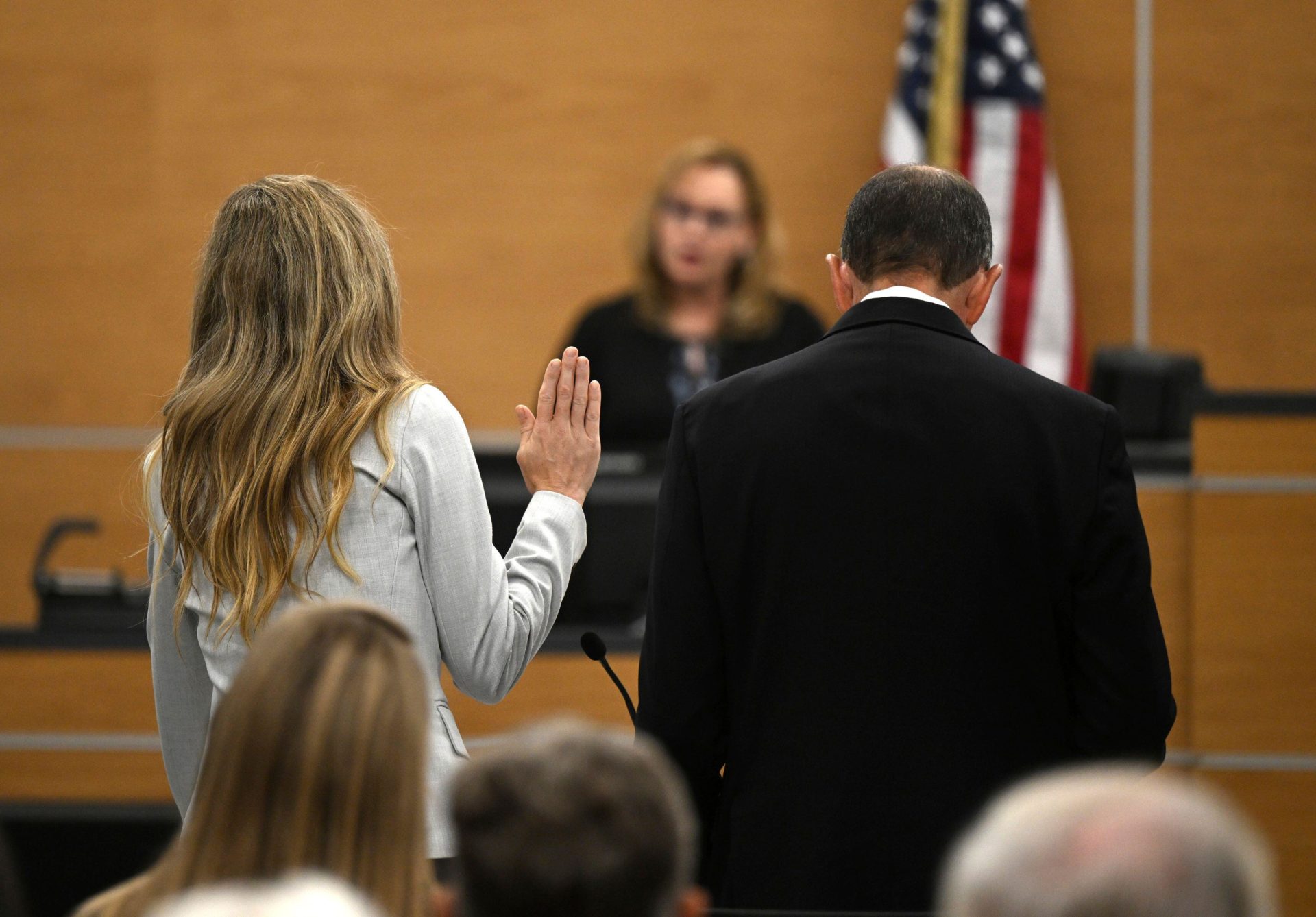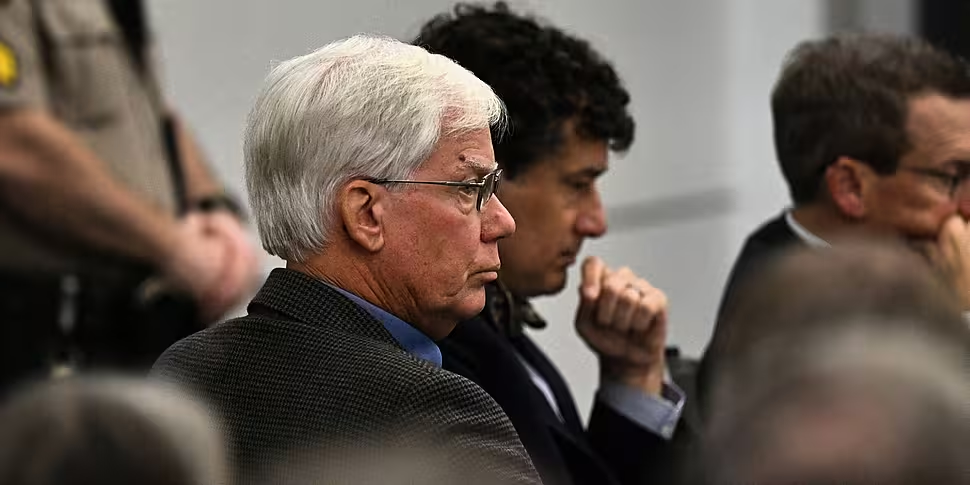The family of Irishman Jason Corbett were 'absolutely taken by surprise' at the early release of Thomas Martens.
Thomas and his daughter Molly both entered guilty pleas for the voluntary manslaughter of the Limerick father-of-two last October.
The plea deal meant there was no retrial in the case and murder charges were dropped.
Mr Corbett was was beaten to death in his North Carolina home with a metal baseball bat and a concrete paving slab in 2015.
 Jason Corbett. File photo
Jason Corbett. File photoIt is thought Molly will also receive an early release date from a US prison.
Irish Independent Southern Correspondent Ralph Riegel told The Pat Kenny Show it is not clear what has changed.
"Certainly the family here in Limerick were absolutely taken by surprise yesterday to learn that Tom and Molly Martens were supposed to get out after serving an additional seven months behind bars," he said.
"In December it emerged that Tom and Molly Martens were due to get out within days.
"It then emerged that that was a mistake, the North Carolina Department of Corrections said was down to a miscalculation of parole data by the Central Records Office.
"Then we were told they were going get out on June 27th - everyone assumed that was a date that was written in stone.
"The family were informed yesterday by a victim's support group, based on information supplied to them from the state, that Tom's release date had been brought forward by three weeks.
"He was now going to be released on June 6th.
"Molly's release date is still stated to be June 27th, but everyone expects that her release date will be brought forward to coincide with that of her father".
 Molly Martens at her sentence hearing for the voluntary manslaughter of Jason Corbett, 30-10-23. Image: Associated Press / Alamy
Molly Martens at her sentence hearing for the voluntary manslaughter of Jason Corbett, 30-10-23. Image: Associated Press / AlamyMr Riegel said the early release could be down to a number of factors.
"There is such a backlog of cases in the US, particularly after COVID, that there's serious pressure on the judicial system," he said.
"It's a very different system [to Ireland] - we don't have judges that are elected in Ireland, they're elected in the US.
"You also have District Attorneys that are up for election.
"A lot of it is that people look at costs involved in cases, they look at public opinion, they look at what taxes people have to pay to support judicial proceedings.
"All of that I think filters into how cases are handled," he added.
Mr Riegel said he believes the cost of a retrial was also a concern.









